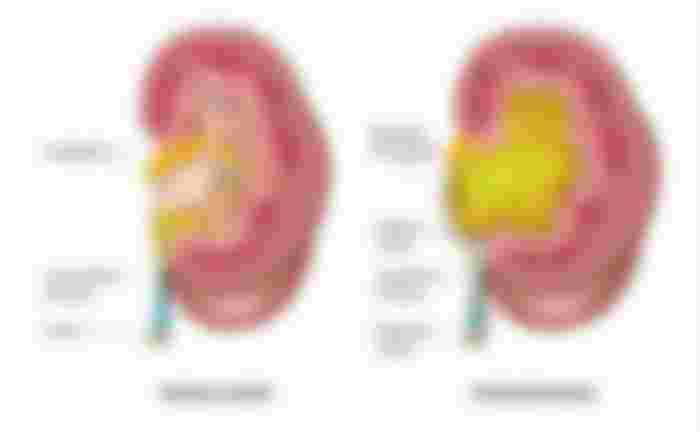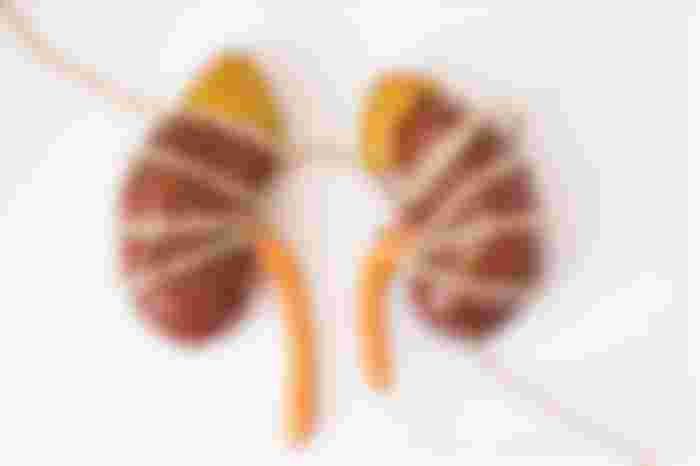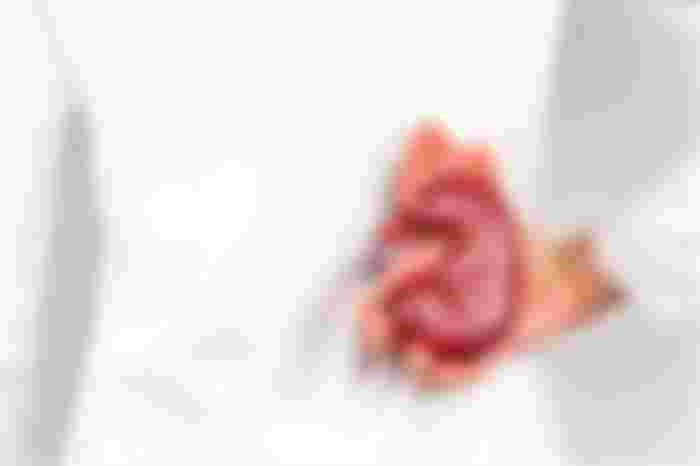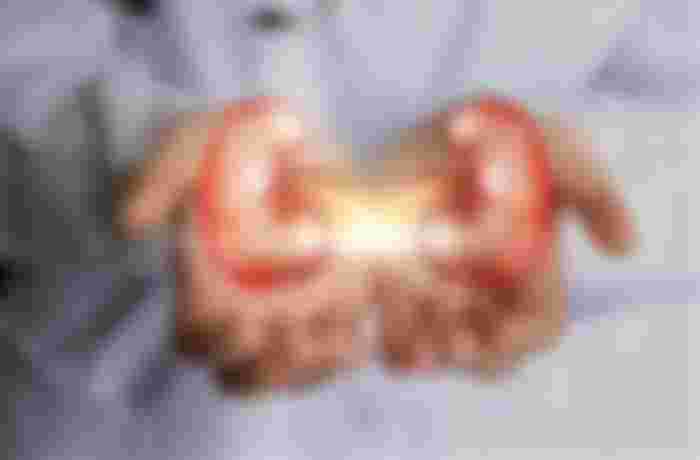A healthy adult has two kidneys in his body. They are mainly responsible for the production of urine, and at the same time excrete excess waste with the urine. In addition, the kidney is also an important detoxification organ in the human body. Toxins produced by any substance and food entering the body need to be filtered through the kidney, so kidney health is very important to the human body.
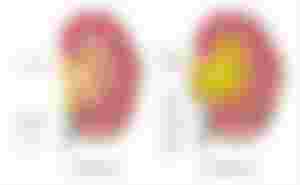
In life, if you do not pay attention to diet or lifestyle habits, it may cause kidney damage and even induce various types of chronic kidney disease. Statistics show that the probability of chronic kidney disease among American adults is 10.8%, which means that one in every 10 adults is a chronic kidney disease patient.

For people with poor kidney function, the diet should be more careful. The following types of kidney injury foods should be avoided:
1. Eat less "sodium"
Everyone knows that excessive intake of sodium ions can lead to problems such as water and sodium retention and increased blood pressure, and the kidneys maintain the body's sodium ion balance. Sodium Gout The cellular tissue of the kidney penetrates the cell wall of the kidney cells, thereby achieving the water and sodium balance in the body. Excessive intake of sodium will lead to frequent and fierce activities of cell regulatory functions, which will cause cell damage and then affect kidney function. It is also necessary for people who have developed renal dysfunction to reduce sodium intake.

2. Eat less "phosphorus" foods
The human body needs various minerals to maintain healthy and strong bones, and the metabolism of phosphorus is also done by the kidneys. If you have chronic kidney disease, the phosphorus metabolism in your body has slowed down. If you do not control the phosphorus intake at this time, it will not only affect the kidneys, but also increase your own risk of heart disease.
3. Eat less potassium-containing foods
After kidney problems occur, potassium intake should be controlled. If the potassium content in the blood exceeds the standard, it can also cause very serious heart problems. If kidney disease develops to a serious degree, food choices should be based on low potassium to avoid burdening the kidneys.

4. Eat less high-protein foods
Long-term intake of high-protein foods can lead to increased concentrations of calcium ions, oxalic acid, and uric acid in the kidneys and urine. If these substances are not excreted in time, kidney stones can easily occur. Especially for patients with already weak kidney function, limiting high protein intake is necessary.
5. Eat less purine-containing foods
Purines are rapidly converted into uric acid in the body, which is metabolized by the kidneys. If the kidney function has already been reduced, and then a large amount of purine-containing food is consumed, the uric acid value in the body will be in a state of exceeding the standard. This not only increases the risk of gout, but also urate crystals will continue to accumulate in the kidneys, causing damage to the renal tubules and glomeruli.
6. Eat less high-acid diets
Some studies have found that if patients with chronic kidney disease often eat a high-acid diet, that is, foods that produce more acid after digestion by the body, may increase their risk of renal failure. According to data from the National Institutes of Health, renal dysfunction can prevent organs from eliminating acid in the body, leading to the occurrence of metabolic acidosis. So for patients with chronic kidney disease, meat, acid-rich foods such as eating should be reduced.
7. Eat less high-sugar diet
A high-sugar diet can increase the risk of urinary calculi by increasing the excretion of urinary calcium. Especially if you consume too much lactose, lactose will promote the absorption of calcium and cause calcium oxalate to accumulate in the body to form kidney stones. The more sugar you take in, the higher the chance of stones when you suffer. Therefore, for friends with poor kidney function, they should eat less or no sugar.
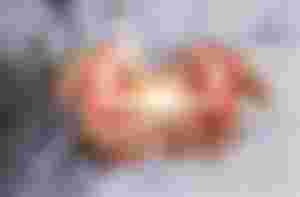
In addition, patients with kidney disease should regularly review their condition, treat and adjust according to the doctor's recommendations.
